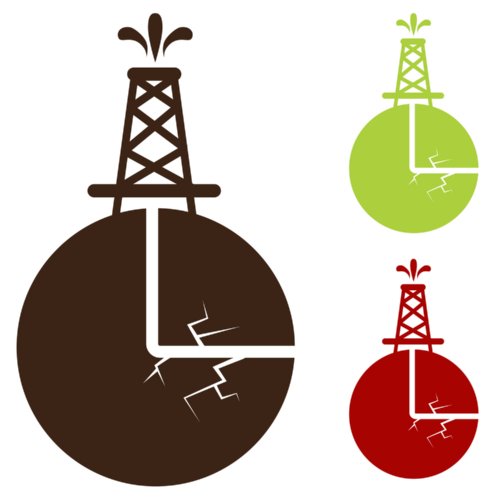Cutting energy consumption, not fracking, is the sustainable solution to energy crisis – Mark Sait
Written by Mark Sait
Posted on January 16, 2014
Cutting energy consumption, not fracking is the sustainable solution to the UK energy crisis.
The Government-led charge towards shale-gas fracking is being driven by the US experience but there are many differences between the UK and US economies, which preclude a similar success story being repeated here.
For these reasons, as well as environmental concerns, it makes more sense to encourage businesses and households through a national programme to cut consumption, cut bills and cut carbon emissions.
Shale gas extraction (fracking) involves drilling down vertically and then turning 90 degrees and drilling horizontally. A fracturing fluid is pumped under high pressure into the drilling pipe to widen fractures in the rock or to create new ones and this fracturing releases the gas.
We know there are concerns about environmental impact from the chemicals, the impact on the terrain and reports that burning the gas releases nearly as much CO2 as coal combustion.
According to the New Statesman, the United States has got more than 10,000 fracking wells opening up each year and gas prices are three-and-a-half times lower than in the UK.
Tellingly, the magazine advises: “The USA was a net importer of gas prior to shale coming to the rescue – now, in a remarkable volte face, it is a net exporter and has the power to drive the US economy into a new era of prosperity. This is not hyperbole; this is the technological breakthrough in energy of this generation and has already started to rebalance the global economic system.”
But the US experience is singular. While larger countries like China and Russia could stand to benefit economically, for the UK the fact is that there are few wild spaces for drilling sites. That’s the reason for the Government financial inducement to local councils – £100,000 for every well drilled.
It is still unknown exactly how much shale gas is available but the BBC quotes UK firm IGas saying there may be up to 170 trillion cubic feet (4,810 cubic km) of gas in the areas it is licensed to explore in northern England.
There is, however, little chance of shale gas helping to reduce our spiralling energy prices as and the price we will pay for any fracked gas will be the global price, which the International Energy Agency predicts will rise by 40% by 2020.
Another point worth consideration is that European countries like France, Germany and Bulgaria, have banned fracking for shale gas.
Sustainable energy plan
We don’t hold a brief for Green Party but agree in this case with Natalie Bennett, leader of the party. She says, in a Guardian article: “What they’re failing to take seriously is one key solution to our energy policy issues – energy conservation, particularly ensuring that our homes are warm, comfortable and affordable to heat.
“We have the leakiest, hardest-to-heat homes in Europe, reflected in the disgraceful figure of 28,500 excess winter deaths last year. The energy we can all afford, the ‘greenest’ energy, is the energy that we don’t use because we don’t need to.
“The Energy Bill Revolution campaign, backed by charities such as Help the Age and the Child Poverty Action Group, unions and green groups, is calling for the money paid in carbon taxes to be directed towards making our homes energy efficient.”
That seems like a sustainable plan to us. While we support energy conservation measures, in the form of insulation and efficient boilers, our real-world experience shows us that cutting energy and water consumption through LED lighting, eco showers, eco taps and tap aerators has instant benefits, with rapid payback on costs, then continued savings year after year.
The energy crisis – where we are getting close to having little reserves on the production side when demand rises – has prompted fears of blackouts and power cuts. Interesting then, that this week Prime Minister David Cameron denied that the energy crisis could see power cuts would become a regular event by winter 2015-16.
The short-term planning being envisaged by energy regular Ofgem includes putting mothballed plants back into operation, with attendant sharp increase in production costs.
While David Cameron’s assurance is welcome, we urge the Government to act now, going beyond current green schemes to promote a voucher-based scheme where consumers can get a discount on energy-saving solutions, including LED lighting and water-saving products.
Every week, we are seeing more and more interest in these solutions as consumers use our website to find what they need to cut consumption, cut bills and cut carbon. They are helped by our unique calculator for every product, showing how much they will save a year as well as the carbon reduction.
Now is the time for government agencies to back green words with effective action, and help everyone in the UK to take control of spiralling energy bills.
Our online product guides, calculator and fittings examples help people make the best bill-cutting choices and you can talk to us about your money-saving, energy-cutting requirements on 0845 123 5464, whether you are a business, organisation or a domestic consumer.
